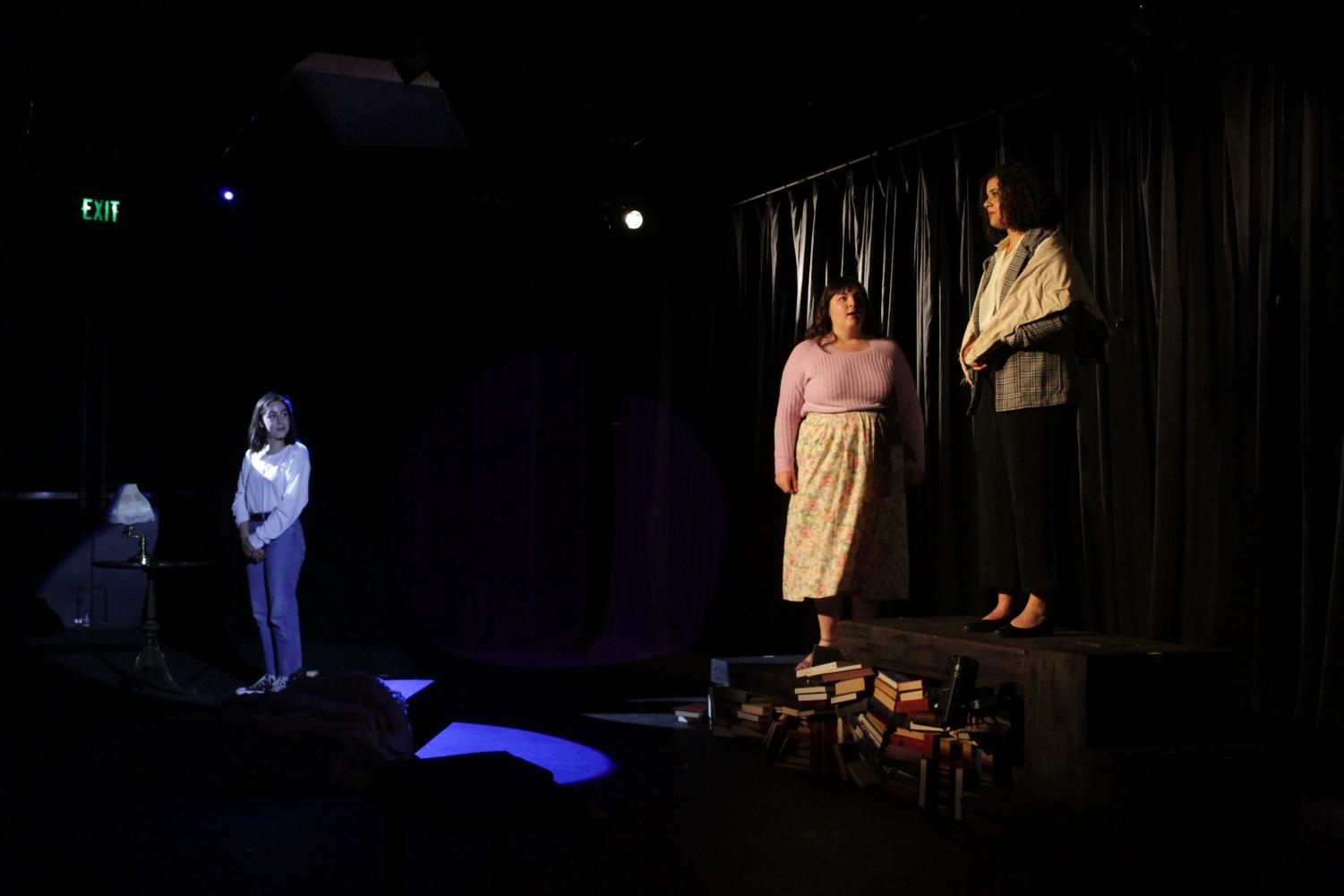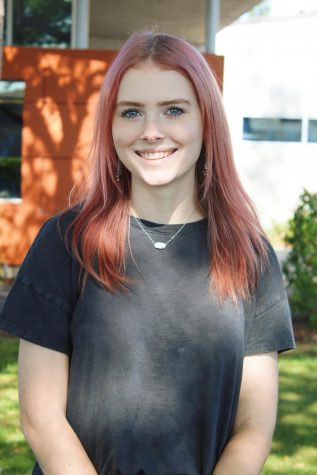With students making the switch to remote learning, many departments have been forced to rapidly redesign their curriculums. Theatre especially is a very hands-on and community-oriented major, making it difficult to obtain the same quality of education through Zoom meetings. However, students and faculty in the program have adapted and overcome the obstacles of online learning.
ONLINE OBSTACLES
As soon as online learning became a possibility, theatre professors began planning a potential remote curriculum for the remainder of the semester. Since many acting, directing and makeup classes involve performances or demonstrations in front of students and professors, professors have been asking students to self-tape many of their assignments. According to junior theatre major Hannah Hines, remote learning has stripped students of many aspects, but professors are working hard to adapt so that students can receive the same benefits.
“We are all in very different places now, so it’s hard to get everyone in the same place at the same time,” Hines said from her home in Las Vegas. “We are kind of learning at our own pace through this self-taping right now.”
Despite the adaptability of many projects and assignments, many students needed to change their plans for assignments they were looking forward to. Sophomore theatre major Hope Stephens expressed her disappointment in having to rethink her final project for her makeup class due to lack of materials. For the assignment, she would have created a makeup look for her dream role of Disney’s Maleficent, but it now unsure of what her plan is. In addition, since theatre is such a community-based art, students and professors are mourning the loss of face-to-face interaction.
“Theatre is so much about the communal experience,” said Zachary Bortot, assistant professor of theatre. “We do lose elements. There are certain features that are irreplaceable and we just have to accept that.”
SPRING SHOW SETBACK
One of the most devastating losses of the semester for Theatre 21 is the postponement of spring show “The Musical Comedy Murders of 1940,” which was set to open on April 17. A highly anticipated show, the students involved were disappointed to put the production on hold. Stephens was looking forward to her third performance of the year, after having parts in the dramatic “Silent Sky” and the musical “The Music Man.”
“My favorite roles are comedic parts, and this one was a comedic part,” Stephens said. “I was really excited for everyone to see it, because they would have gotten to see my full range throughout the year.”
The production will still take place as the first show of Fall 2020, where the seniors involved in the show will be invited back to participate in their final performance at Biola and be celebrated. According to Bortot, Theatre 21 has invited guest artists for past shows. The returning seniors will be considered guest artists for the fall production, including director Emily Delgado.
LOOKING AT THE BRIGHT SIDE
Despite the challenges faced by an extremely hands-on major, theatre students and professors have been looking at the bright side of the situation. The department looks forward to the possibility of performing in the Theatre 21 building—a second home for many—for another year. According to Bortot, due to social distancing practices, it is likely that construction for the new cinema and media arts building that was slated to begin this summer will be postponed—a positive for those who dread Theatre 21’s demolition.
Some students have even enjoyed the remote learning format. Stephens emphasized some of its benefits—learning more by going at her own pace and fostering fun, exciting conversations at home. For others, taking classes online has revealed the extent to which their professors truly care for them.
“We all knew that our professors really cared for us and loved us, but we’ve gotten to see that in a new way,” Hines said. “We’ve gotten to see that amplified.”








